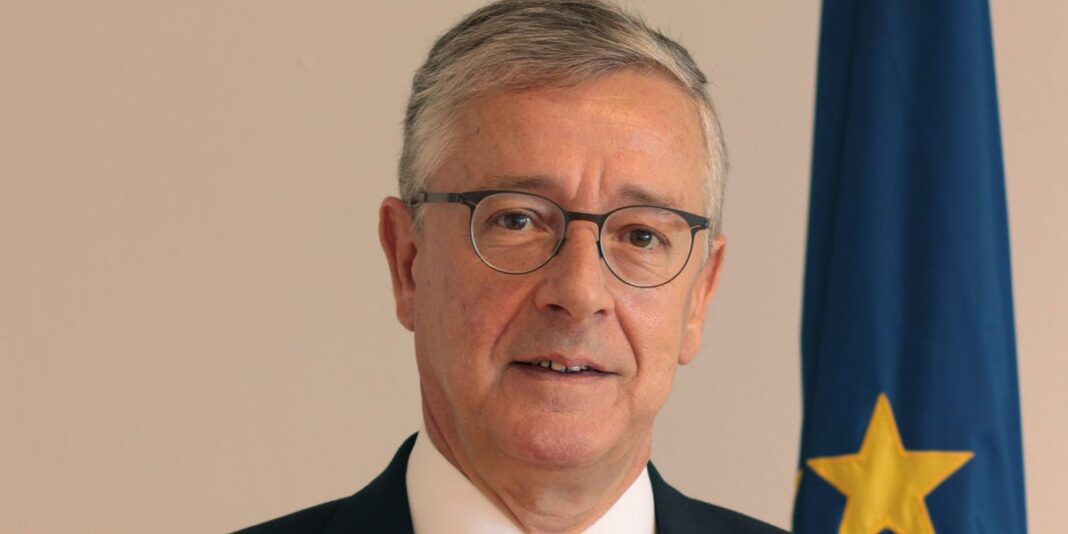The EU enjoys a strong relationship with Sri Lanka which is governed by a Partnership Agreement on Cooperation and Development that dates back to 1995.
Since 2017, Sri Lanka has benefited from the EU’s GSP+ arrangement, ranking as its third-largest beneficiary. As a result, 59% of Sri Lanka’ exports that are eligible for tariff reductions entered the EU market at preferential rates in 2024. These unilateral trade preferences consist of the full removal of duties on 66% of tariff lines, covering a wide array of products including textiles and fisheries.
In 2024, the EU was Sri Lanka’s third largest trading partner, accounting for 13.4% of Sri Lanka’s total trade in goods. In the same year, the total trade in goods between the EU and Sri Lanka was €3.7 billion with a €1.6 billion surplus for Sri Lanka, positioning the EU as a key trading partner for the country.
The EU and its Member States continue to be collectively a leading grant donor to Sri Lanka. Aligned with the EU’s Strategy for Cooperation in the Indo-Pacific and the Sustainable Development Goals (SDGs), the European Union has established a Multiannual Indicative Programme for 2021-2027, focusing on two key priority areas: ‘Green Recovery’ and ‘Inclusive and Peaceful Society’. Within this strategic framework, the EU has allocated €10 million to support private and public sector in developing their capacity to expand sustainable trade, while other programmes are supporting standardization and geographical indications, and the improvement of the business and investment climate. Priorities linked to the Global Gateway Strategy are also being explored with Sri Lanka, with a dedicated facility to support the Government.
Additionally, in March 2023, the International Monetary Fund endorsed a USD 3 billion Extended Fund Facility (EFF) spanning four years, aimed at increasing Sri Lanka’s economic policies and reform initiatives. This financial support is expected to act as a catalyst for attracting additional external funding.
Mrs Chairman, the EU acknowledges the positive progress Sri Lanka has made in modernizing its customs regime. Recent reforms include the expansion of paperless trade systems, digital issuance of certificates of origin, and the launch of an Authorized Economic Operator programme in 2021 and 2024.
Furthermore, Sri Lanka is advancing toward a fully operational National Single Window, expected by 2027. However, in relation to the WTO Customs Valuation Agreement, the EU encourages Sri Lanka to reduce residual administrative burdens for importers, particularly regarding valuation adjustments and documentation requirements. These measures are seen as creating unnecessary costs for businesses.
The EU hopes that this review will help Sri Lanka in its endeavours and remains committed to continue supporting Sri Lanka’s efforts.
On behalf of the EU, I wish Sri Lanka delegation the utmost success during its 5th Trade Policy Review.
(Excerpts from the Statement Delivered by Ambassador João Aguiar Machado/EU Statement at the Trade Policy Review of the Democratic Socialist Republic of Sri Lanka, 15 October 2025)
